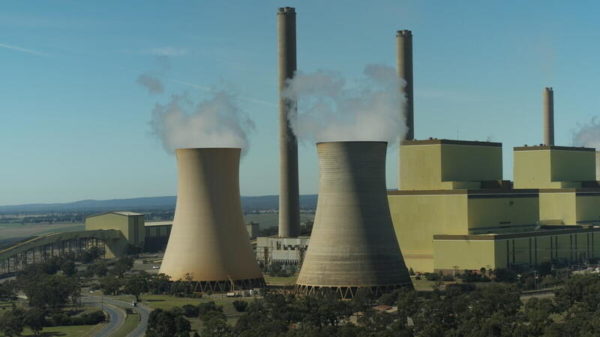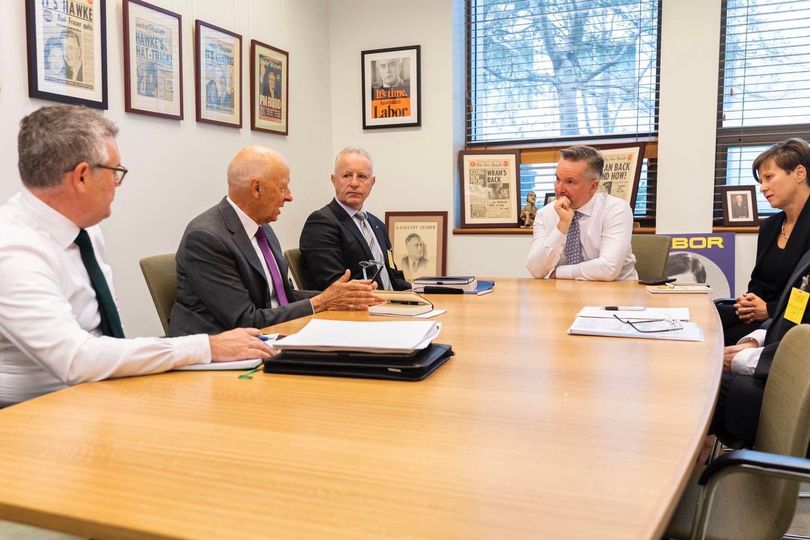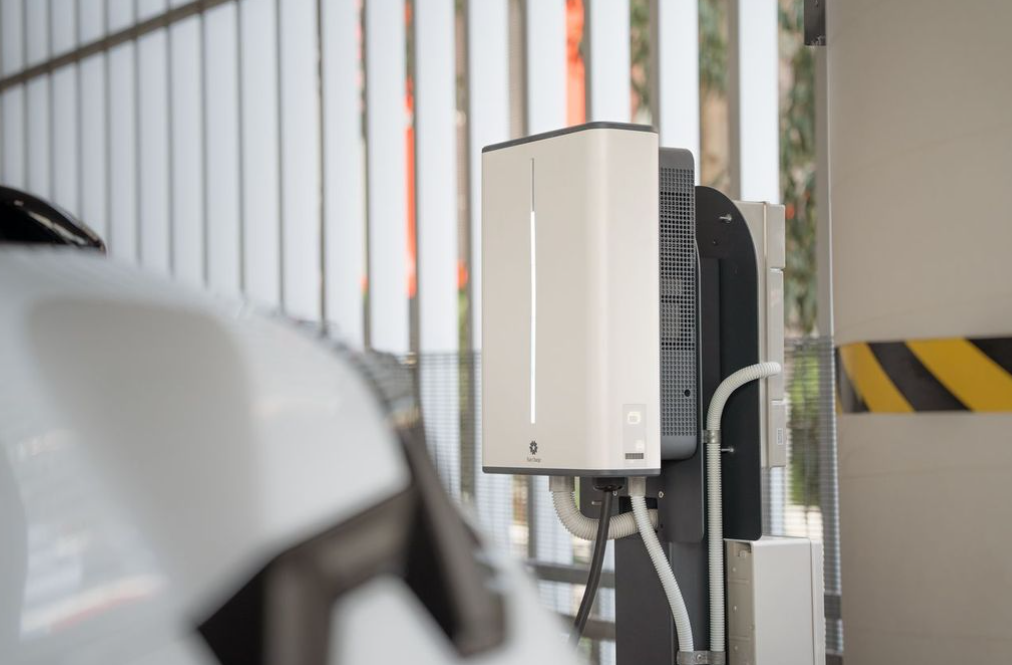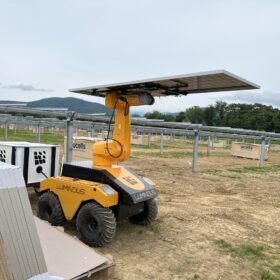Increased winter demand for energy, unscheduled outages at coal-fired power stations and gas shortages due to increasing international demand as nations around the world wean off Russian gas and coal have led to soaring gas and electricity prices across much of Australia.
Energy minister Chris Bowen said on Thursday energy markets were facing a “geopolitical situation around the world” and the federal government would do “whatever it takes” to ensure energy markets are reliable and affordable.
“Action is necessary and action is being taken,” he said.
Gas prices in Australia have rocketed from $10 a gigajoule a few months ago to as high as $800 a gigajoule this week. Prices are already high due to the war in Ukraine while outages at some coal-fired power stations have furthered the strain on gas prices domestically. According to the Australian Energy Market Operator (AEMO), more than 30% of the coal power capacity in the National Electricity Market (NEM) was estimated to be offline last month.
“Australian energy markets are facing a perfect storm,” Bowen said.
“There are a number of factors at play in relation to the very serious and challenging situation with electricity supply and gas supply in particular.
“The former government promised a gas-fired recovery and left us a gas bonfire.”
Bowen said he had spoken to state and territory energy ministers on Thursday and intended to convene a meeting of the ministers early next week in order to be advised by AEMO and the Australian Energy Regulator (AER) on the current supply situation and further actions.

Image: Greenpeace
“The Albanese Labor government will take whatever action is necessary to ensure ongoing reliability and affordability for the energy markets … based on expert advice,” he said. “The situation is serious but it is being managed by our regulators professionally.”
AEMO on Wednesday triggered the Gas Supply Guarantee Mechanism for the first time since it was introduced in 2017 in order to secure gas for power generators and stem off a potential shortfall in southern states. The mechanism calls for the market to release supply and come up with a plan to address a potential shortfall.
The AER has also announced increases to the benchmark power price, with the default market offers rising between 8.5% and 18.3% in New South Wales, up to 12.6% in south-east Queensland and 9.5% in South Australia. The changes are due to come into effect from 1 July.
There have also been calls for the government to initiate the Australian Domestic Gas Security Mechanism (ADGSM), known as the gas trigger, to divert exports and shore up domestic supply.
Bowen said he would not rule in or rule out using the gas trigger but pointed out a myriad of problems with the mechanism.
“It cannot come into force until 1 January, even if it were pulled today. It is not a short-term answer,” he said.
The surging gas prices have seen wholesale electricity prices soar, increasing 141% in the 12 months to the end of March, causing havoc in the retail electricity market.
Electricity provider ReAmped, which has about 70,000 customers across NSW, Queensland, Victoria, South Australia and the Australian Capital Territory, this week sent a letter to customers telling them it is in their best interests to switch to another retailer as soon as possible to get a cheaper price.
“The wholesale energy market has just become so extreme that we’re now seeing a situation where wholesale prices are above retail prices,” ReAmped chief executive Luke Blincoe said. “So, unless you’re a generator, there is simply not a sustainable position in the retail marketplace.
“We‘re saying to our customers ‘the best way we can save you money is actually ask you to switch away’. And now is the opportune time to do that while there are still some deals available.”
Blincoe said customers are facing a doubling of prices from July.
“It‘s too far to say it’s in crisis right now, but there’s reason to be very concerned,” he said. “I think we are on the precipice now and if these wholesale prices hold for much longer, I think there‘s reason to be very concerned.”
This content is protected by copyright and may not be reused. If you want to cooperate with us and would like to reuse some of our content, please contact: editors@pv-magazine.com.









1 comment
By submitting this form you agree to pv magazine using your data for the purposes of publishing your comment.
Your personal data will only be disclosed or otherwise transmitted to third parties for the purposes of spam filtering or if this is necessary for technical maintenance of the website. Any other transfer to third parties will not take place unless this is justified on the basis of applicable data protection regulations or if pv magazine is legally obliged to do so.
You may revoke this consent at any time with effect for the future, in which case your personal data will be deleted immediately. Otherwise, your data will be deleted if pv magazine has processed your request or the purpose of data storage is fulfilled.
Further information on data privacy can be found in our Data Protection Policy.